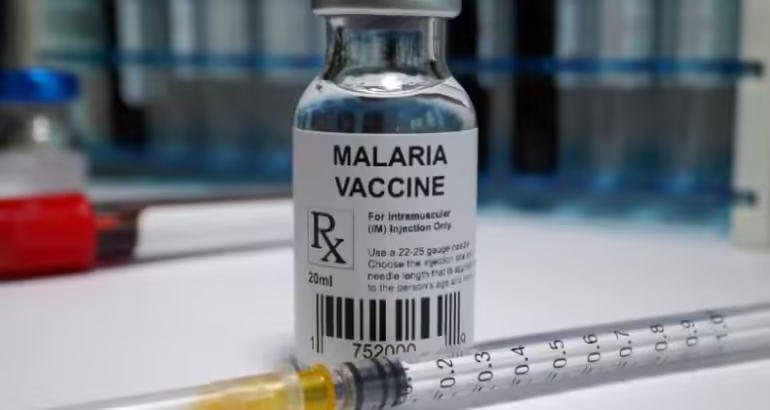Ghana is making significant strides in its fight against malaria by expanding the rollout of the RTS,S/AS01 malaria vaccine to 43 additional districts across four regions.
This move aims to reach approximately 200,000 children under the age of two.
The RTS,S vaccine, introduced in 2019, has demonstrated promising results in reducing severe malaria cases among young children in Ghana, Kenya, and Malawi.
With over 3.3 million doses administered, severe malaria cases among children under five have declined substantially.
Since the vaccine’s introduction, malaria prevalence and related deaths among children have decreased significantly. Ghana recorded 5.2 million malaria cases in 2022, down from 5.8 million in 2021.
The third phase of the rollout expansion targets the Northern, Upper West, Savannah, and Western North regions. Health officials are optimistic about the program’s success, as the implemented districts have shown a decline in malaria cases.
However, challenges such as defaulting guardians remain a concern. Lessons from previous phases will be applied to address this issue.
Ghana’s malaria strategic plan aims to reduce malaria incidence by 50% and mortality by 90% by 2025, with an elimination goal for 2028. The WHO recommends the RTS,S vaccine in areas with moderate to high malaria transmission.
Ghana’s expansion is part of a broader effort to introduce the vaccine in 20 African countries by 2024. Partners like UNICEF, PATH, and Gavi have supported the vaccine implementation program.
Ghana’s progress in malaria prevention serves as a model for other countries, with health officials sharing their experiences and lessons learned.


